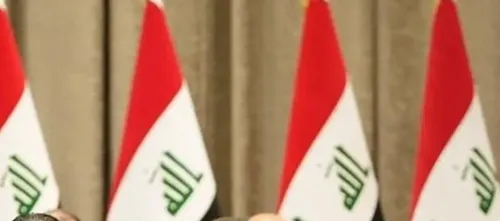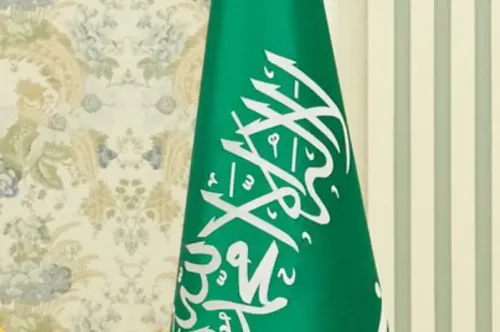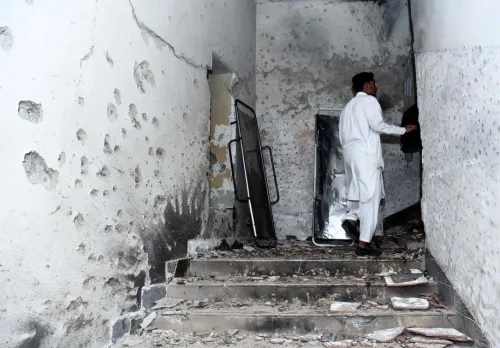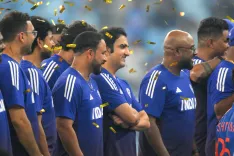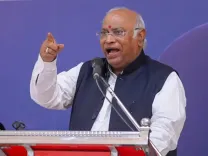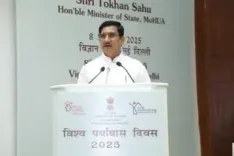What Happened to Journalist Tufail Rind in Sindh's Mirpur Mathelo?
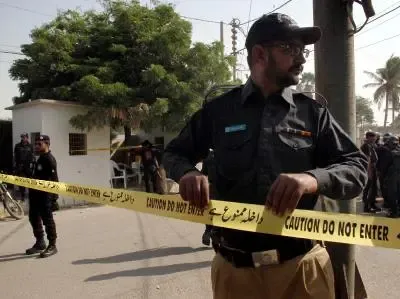
Synopsis
Key Takeaways
- Tufail Rind was shot dead in Mirpur Mathelo.
- The attack occurred while he was dropping off his children at school.
- Police are investigating the incident and seeking justice.
- Press freedom in Pakistan is under increasing threat.
- Rind had previously survived an assassination attempt.
Islamabad, Oct 7 (NationPress) A local journalist, Tufail Rind, was tragically shot dead by armed assailants in the Mirpur Mathelo area of Ghotki district, located in Pakistan's Sindh province, on Wednesday while he was on his way to drop off his children at school, as reported by local media citing police officials.
The incident took place on Jerwar Road near Maso Wah, where armed men on a motorcycle opened fire on his vehicle, according to a police press release reported by Pakistan's leading daily Dawn.
“Rind succumbed to his injuries at the scene, while his children remarkably escaped without harm,” stated the police. Witnesses reported that the assailants fled the scene immediately after the attack. Subsequently, the police transported the body to the District Headquarters Hospital of Mirpur Mathelo for medico-legal procedures.
The Senior Superintendent of Police (SSP) for Ghotki, Anwar Khetran, visited the crime scene and met with Rind's family, assuring them that all responsible individuals would be brought to justice, as stated in his comments. The police are currently conducting an investigation and gathering evidence to uncover the motive behind this heinous act.
According to family members, Rind was affiliated with Mehran Newspaper and Royal News, and also served as an office-bearer of the Mirpur Mathelo Press Club. He had previously survived an assassination attempt and had requested security from local authorities, which unfortunately went unaddressed.
Last month, journalists and human rights advocates voiced their concerns regarding increasing restrictions on press freedom in Pakistan, with some drawing parallels to the media censorship during General Ziaul Haq’s military regime.
These concerns were highlighted during events in Islamabad honoring Nisar Osmani and C R Shamsi, two esteemed journalists and advocates for press freedoms during martial law. Participants at a seminar at the National Press Club, including current and former officials from the Pakistan Federal Union of Journalists (PFUJ) and Rawalpindi-Islamabad Union of Journalists (RIUJ), paid tribute to their legacy and the ongoing struggle for a free press.
Another vigil took place outside the Dawn offices, where journalists, lawmakers, and human rights activists gathered to honor Osmani and Shamsi. Speakers emphasized the need for unity among journalists to collectively resist governmental efforts to suppress freedom of expression.
They also committed to opposing media restrictions and continuing the fight against controversial legislation, such as recent amendments to the Prevention of Electronic Crimes Act (Peca). The current climate of fear and intimidation is significantly hindering independent journalism, as numerous reporters face harassment, abduction, and violence while performing their duties.

